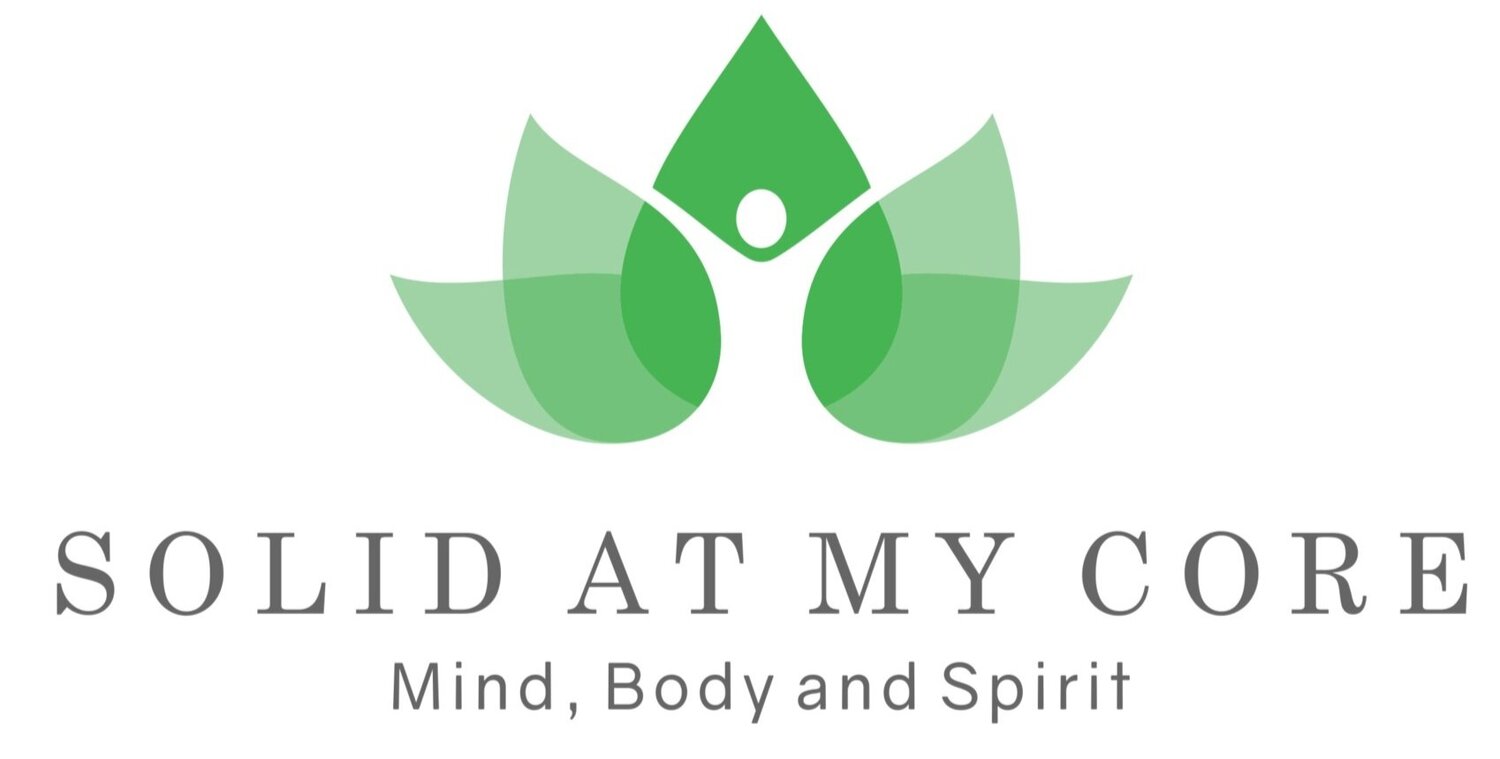Boundaries are guidelines that define how you interact with others and how you protect your personal space and energy. They are essential for maintaining your mental, emotional, and physical health. Boundaries help you communicate your needs and expectations, prevent burnout, and foster respect in relationships.
Setting boundaries is not about building walls or being selfish; it's about self-respect and self-care.
Here are some reasons why boundaries are vital:
Protecting Your Well-Being: Boundaries prevent you from overcommitting and taking on too much, which can lead to stress and burnout. They help you prioritize your needs and maintain a healthy balance.
Improving Relationships: Clear boundaries foster mutual respect and understanding in relationships. They help avoid misunderstandings and conflicts, making interactions more meaningful and supportive.
Enhancing Productivity: In a professional setting, boundaries can help you manage your time effectively, focus on priorities, and avoid distractions. This leads to increased productivity and job satisfaction.
Maintaining Mental Health: Boundaries protect you from emotional overload and stress, allowing you to recharge and stay mentally healthy.
Before establishing boundaries, it's crucial first to pinpoint your needs and limitations. Reflect on aspects of your life that induce feelings of overwhelm, stress, or discomfort, as these are often indicators of boundary deficiencies. To initiate this process, consider the following steps: Begin with self-reflection, dedicating time to contemplate your values, needs, and priorities, which serve as the foundation for boundary-setting.
Next, identify stressors—whether they stem from specific situations or individuals—that elicit negative emotions, as recognizing these triggers is key to determining where boundaries are necessary. Lastly, honestly assess your limits, acknowledge your capacity, and remember when it's essential to decline or set boundaries to safeguard your well-being assertively.
Setting Personal Boundaries
To establish effective boundaries, consider the following strategies: Begin by clearly communicating your needs and limits to others, utilizing "I" statements to express your feelings without assigning blame or accusation. For instance, opt for phrases like "I need some time alone to recharge after work" rather than using accusatory language.
Embrace the power of saying no, recognizing that it's acceptable to decline requests that overwhelm you or don't align with your priorities. Prioritizing self-care and integrating activities that nurture your body and mind into your daily routine, such as exercise, hobbies, and relaxation practices, is also paramount.
Setting Professional Boundaries
Start by defining your work hours and communicating them clearly to your colleagues and clients, sticking to these hours as much as possible to prevent work from encroaching on your personal time. Additionally, don't hesitate to delegate tasks when you are overwhelmed, as delegation allows you to focus on high-priority tasks and reduces the risk of burnout.
Incorporate regular breaks throughout your workday to rest and recharge, as short breaks can enhance focus and productivity. Furthermore, set clear expectations by communicating your availability and response times to colleagues and clients, ensuring they know when to expect replies or schedule meetings. Avoid multitasking by focusing on one task at a time to improve efficiency and reduce stress, as multitasking can lead to mistakes and decreased productivity.
Enforcing Boundaries
Enforcing boundaries is as crucial as setting them, requiring consistent and firm action to maintain their integrity. Consistently enforcing your boundaries reinforces their importance and prevents confusion, making it easier for others to respect your limits. When boundaries are crossed, don't hesitate to politely but firmly remind others of your limits, reinforcing the necessity of these boundaries.
Use positive reinforcement to reward yourself for upholding your boundaries, which can boost motivation and commitment to your self-care. Regularly reevaluate your boundaries to ensure they align with your current needs and priorities, adjusting them as necessary to reflect any changes in your life.
Overcoming Challenges
One common challenge is guilt, which often arises when you prioritize your own needs over others. It's important to recognize that self-care is not selfish; it's vital for your well-being. You may encounter pushback from individuals who resist your boundaries or attempt to push them. In these instances, staying firm and reiterating the importance of your limits is crucial. Fear of conflict is another obstacle that can hinder boundary setting. To overcome this, practice assertive communication and understand that healthy conflict can foster better understanding and stronger relationships.
Setting personal and professional boundaries is not a one-time task but a continuous process that requires self-awareness, practice, and patience.
Consider signing up for the Love on Yourself FREE email series. CLICK HERE to learn more.
Are you a member of my online wellness community? As a Health Coach, my goal is to help you be the best YOU possible! This group will focus on weekly health and fitness tips, inspiration, and motivation for women. We will also do some fun and free 5 - 10 day challenges each month to help you focus on taking care of YOU. My hope is that this community of women supports each other, and helps you create and maintain a wellness plan that works for you.



